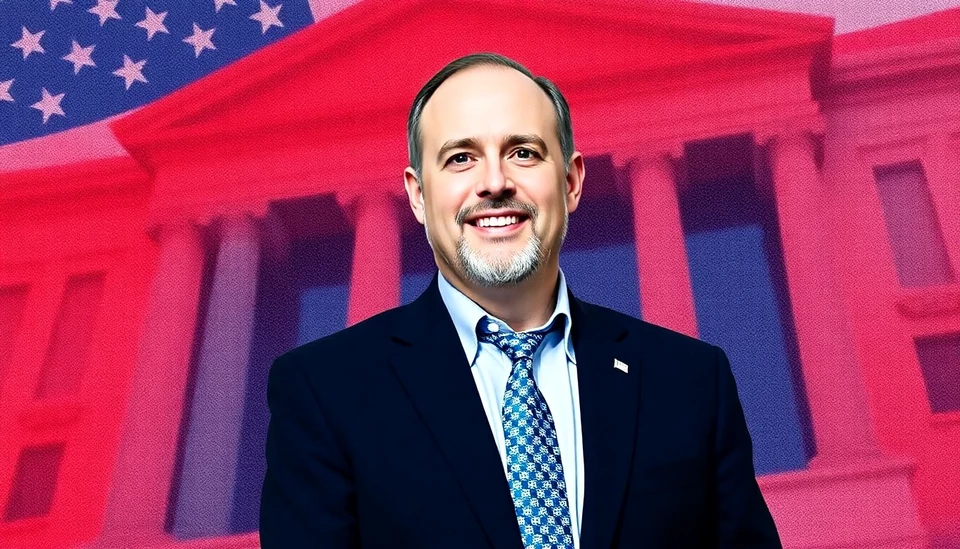
The U.S. federal deficit has experienced a significant increase in November, primarily driven by escalating spending on health and defense. According to the latest reports from the Treasury Department, the deficit for the month reached approximately $240 billion. This figure marks a notable rise compared to the $203 billion recorded in November of the previous year.
The surge in expenditures can be attributed largely to heightened costs associated with veterans’ healthcare and a surge in military-related expenses, attributed to ongoing conflicts and strategic needs. Health spending is said to have escalated, reflecting the government's commitment to address the health care requirements of its veterans, particularly as more individuals are returning from active service requiring extensive medical support.
In addition to growing health costs, the defense budget has soared, fueled by the need to bolster national security amidst rising global tensions. The Department of Defense indicated that increased funding is crucial to maintaining military readiness and supporting operations, which has resonated with policymakers amid concerns over international threats.
On the revenue front, the federal government's income also saw a dip. Tax receipts fell short of expectations, contributing to the widening gap between income and outlays. This decline in revenue raises questions about the sustainability of fiscal policies and the ability of the government to adequately fund essential services while managing the swelling deficit.
Financial analysts are closely monitoring these trends, as a continuous increase in the federal deficit could have profound implications for economic policy and national fiscal health. Experts note that persistent deficits might not only affect government borrowing costs but may also influence inflation rates and overall economic stability.
In the context of these developments, conversations around budget reforms and potential spending cuts are gaining traction, with some lawmakers advocating for a more measured approach to government spending. As these discussions unfold, the focus will likely shift towards striking a balance between necessary defense and health spending while also addressing the long-term implications of a growing national deficit.
#USDeficit #FederalBudget #HealthSpending #DefenseBudget #EconomicPolicy
Author: Rachel Greene
